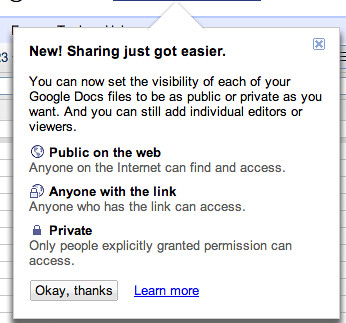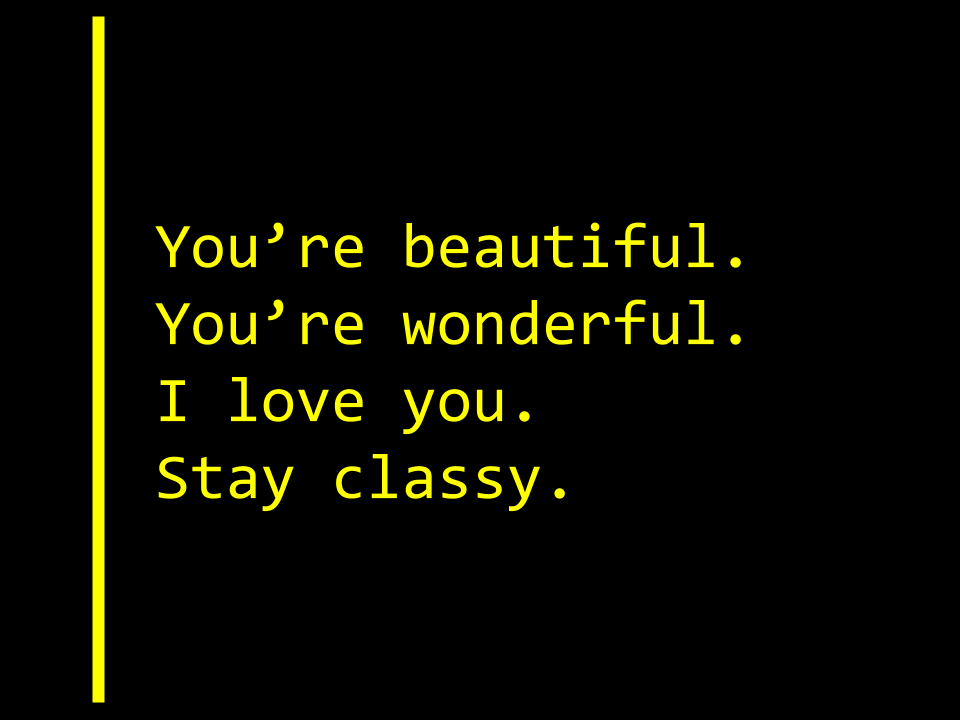58: How do you start a community that is self-sustaining? #LifeWideLearning16 @MrChase
— Ben Wilkoff (@bhwilkoff) February 27, 2016
How do you start a community that is self-sustaining?
Start with a problem. Always start with a problem. Any community that’s been worth its while has started around a problem that was either already directly shared by its members or had the potential to spread to all of its members.
Some communities start with a solution. They rally around an idea that says, “Would it be neat if…” It likely would, and so others rally to the cause. Soon, a bunch of people are collected around this solution, and they realize they need a problem to solve. These are solutions in search of a problem and the issue they raise is that everything looks like it’s ripe for the solution. For further reading, see any example of colonialism from history.
Instead, start with a problem and gather up everyone you possibly can to help you solve that problem. It won’t be difficult. People living in the presence of a problem are usually interested in finding solutions to that problem.
Then, and this is key, imagine the problem is solvable while at the same time acknowledging you have no idea what its solution will look like. If you knew what the solution looked like, it wouldn’t be a problem or you’d be obstinate. (Note: Consider both of these possibilities as being on the table.)
Once you’ve found your problem, you’ve imagined it as solvable, and you’ve eliminated pre-conceived solutions; it’s time for you and your community to get to work. A community dedicated to building a solution to a shared problem will sustain itself.
Here’s what such a self-sustaining community will not do.
It will not always be composed of the same individuals. People get worn out. They become interested in other problems. They discover limits to their curiosity. They move one. That’s okay. People leaving doesn’t mean your problem isn’t worth solving, it means the people who are still there are the right people.
It will not always sustain. Sometimes, people conflate the idea of sustainable with the ideas of eternal or infinite. They aren’t the same thing. While it’s possible that a self-sustaining community might be or become infinite or eternal, I’ve not yet seen such an example. Again, that’s okay. Communities dedicated to existing for the sake of their own existence have shifted away from whatever problem they were trying to solve and have, instead, taken mortality as their problem. Things should end. This makes way for new beginnings.
This post is part of a daily conversation between Ben Wilkoff and me. Each day Ben and I post a question to each other and then respond to one another. You can follow the questions and respond via Twitter at #LifeWideLearning16.





 And, inveriably to myself…
And, inveriably to myself…

